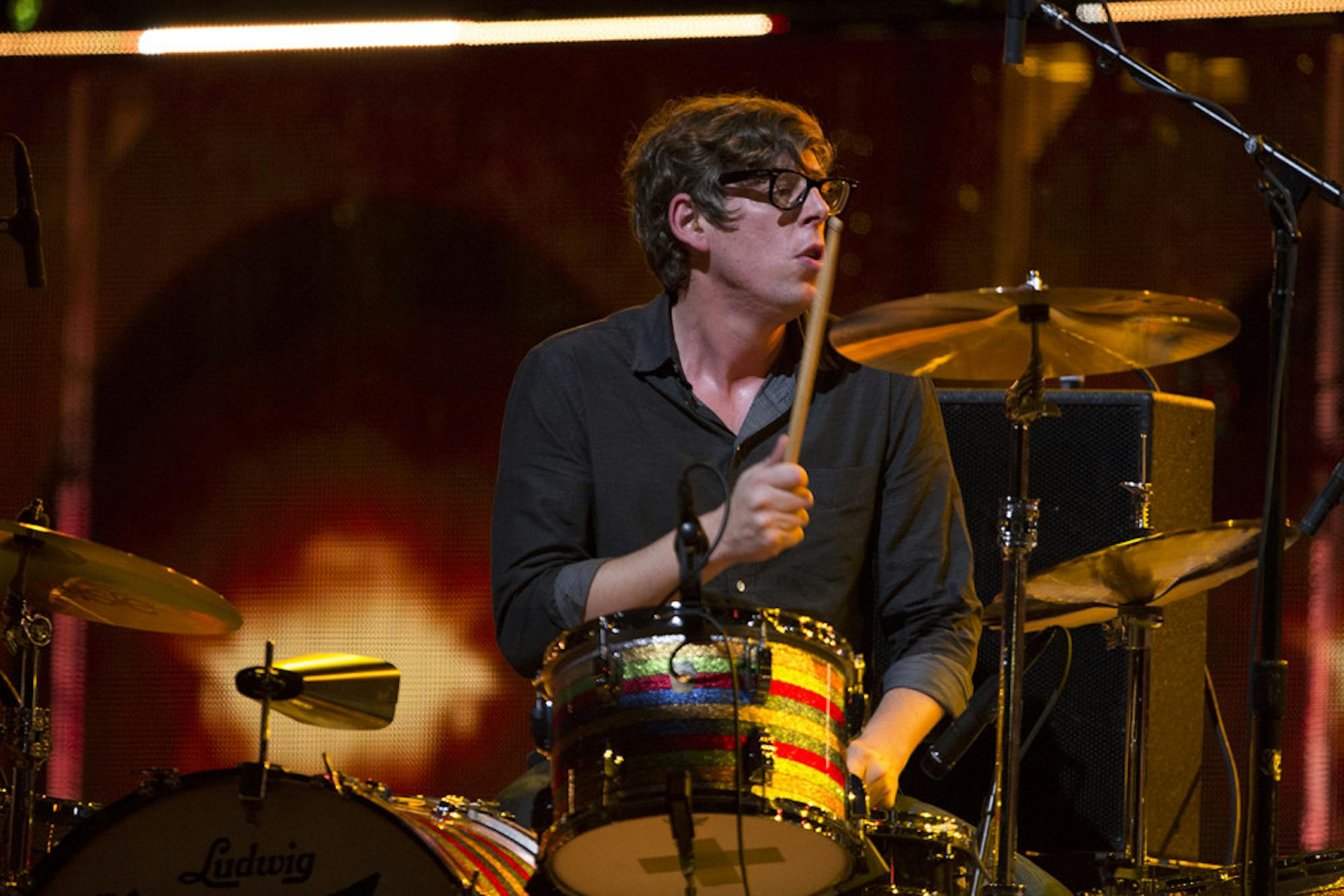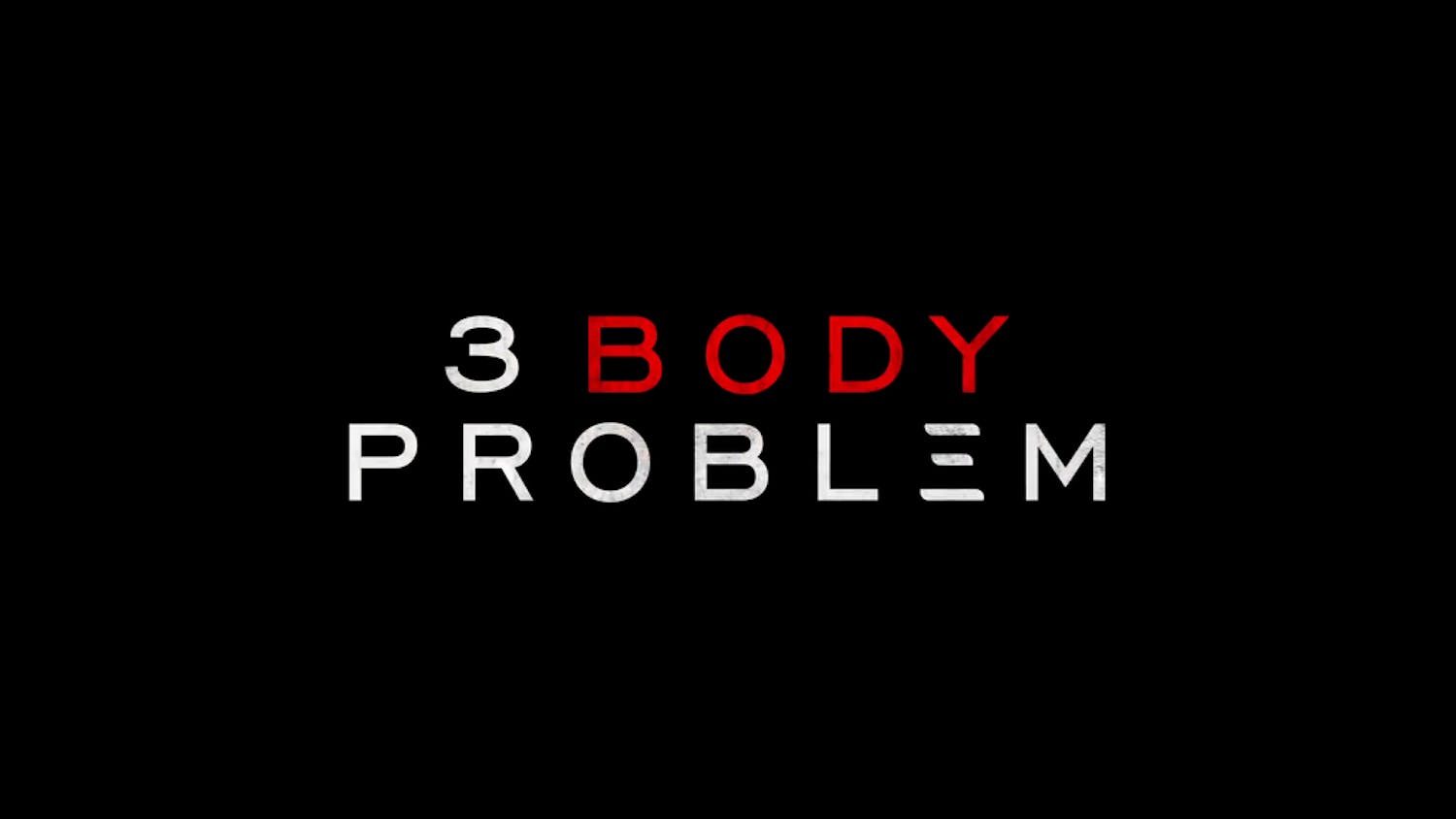The first few strains of “Goon” (released March 17, 2015), the first studio release of Tobias Jesso Jr.'s solo career, sound like they are from another era. In “Can’t Stop Thinking About You,” Jesso Jr. sounds like a modern day Billy Joel, a balladeer for the modern era, revamped. The piano keys tease at the harmony from Joel's “New York State of Mind” (1976) before launching into a full-fledged ballad, reminiscent of '70s Billy Joel, Elton John, Don Henley -- the list goes on. Yet while bringing a healthy dose of homage to the greats, Jesso Jr. inserts his own soft crooning and blends it with a multi-genre influenced repertoire. The result is pure gold.
Tobias Jesso Jr. is no new kid to the music scene. While only 29, the Vancouver, British Columbia native performed for the indie band The Sessions and played backup for Melissa Cavatti. Thus, “Goon” does not rely solely on the heartache-drenched piano instrumentation of the pop singer-songwriter genre -- though it is certainly replete with it; it draws on funk, soul, blues, rock and folk, too.
Working with famous producers like Patrick Carney, Chet "JR" White and Ariel Rechtshaid, it's evident that Jesso is in good company, with greats in the music industry helping to create a sonically well-rounded album.
An overarching theme of sadness pervades the album, a sentimentality that is, at times, melodramatic. “How Could You Babe” shines in this regard, with that whisper-singing that works like a reflection of “Piano Man” (1973). Indeed, that collection of lowest lows and soaring highs fits perfectly into a cinematic scene. Listening to the song, one could easily picture Jesso Jr. on a dusty stage in a dive bar, while heartbroken singletons take shots of whiskey straight up and cry softly into their glasses about their broken dreams. Yet there is a sense of hope on the track, featured in crescendoing vocals on the refrain and a drum beat that quickens in pace near the end of the song. While the stories he sings about are those of loss, there is nothing but good to gain from the album.
“Hollywood” captures the essence of theatricality of the album with deep melancholy piano chords and lyrics like “I think I’m gonna fry in Hollywood ... I said my prayers every night since 1995.” One doubts his youthfulness, mistaking him for a '70s crooner, a '60s folk singer, adopting the persona of a washed-up musician on his way out, when the exact opposite is true. With a horn section that leaks out notes like tears, the instruments themselves sound like they are crying.
“Crocodile Tears” mixes funk strains with a horn section that picks up the dreamy and torpid pacing of earlier tracks. An electric guitar squirms its way into the piece as a pointed highlight, while the track sparkles with a strange but surprising combination of sounds that work like the Arctic Monkeys playing with Frank Sinatra.
“The Wait” is a sweet folk ballad to a lover, featuring lonely acoustic guitar and precious lyrics such as, “Could I ask you on a date? / We've never kissed before / So we might be strange / And I know it's getting late ... But honey, I'm tired / Tired of the wait.”Simon and Garfunkel comparisons are evident in the softness of the piano which works like “Bridge Over Troubled Water” (1970), but the self-reflectiveness of the work is also tantamount to other singer-songwriters who are having a moment, such as Father John Misty, James Vincent McMorrow and Tor Miller.
Alternating between breakup soundtrack and honeyed sentimental collection of love ballads, Jesso Jr. suffers from no shortage of emotion. Yet the core of the album contains an electricity, a vibrancy that brings the old into this era. It seems unlikely that one would find a balladeer pulling in funk rhythms or electric guitar to support the piano instrumentation, but that’s exactly what makes Jesso Jr. a star in the making. With “Goon,” Tobias Jesso Jr. establishes himself as a frontrunner as one of this generation’s best new artists.






